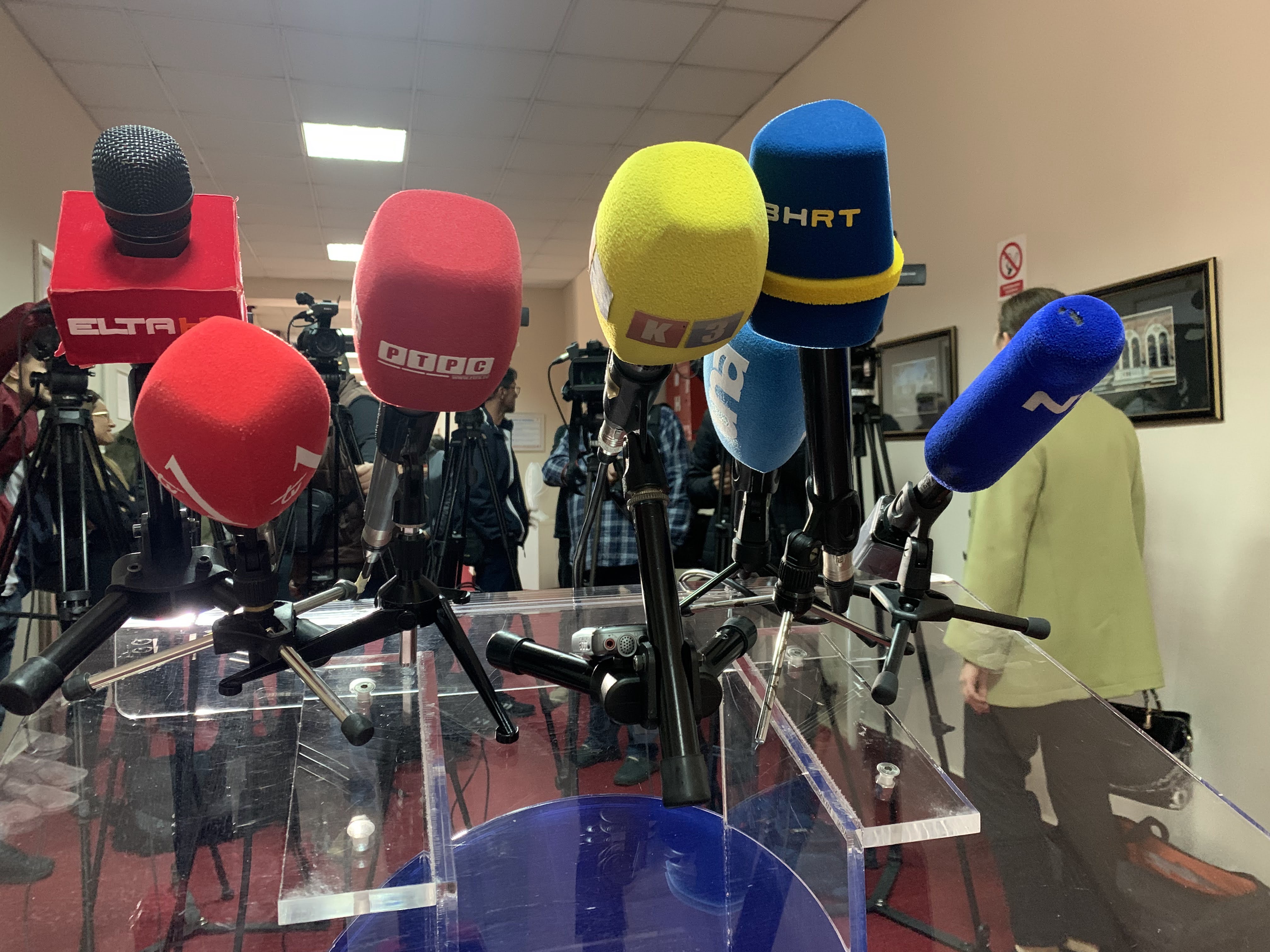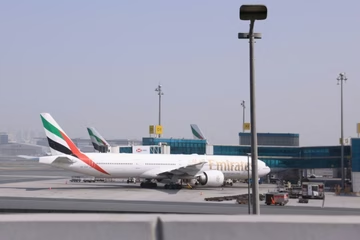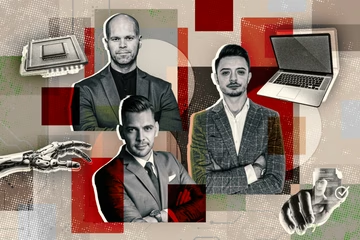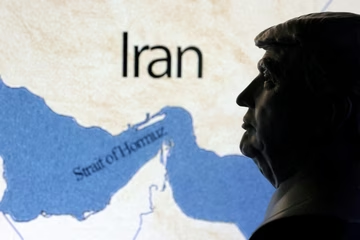
The Balkan Free Media Initiative (BFMI) released a report on the state of media freedom in the Balkans which said that the European Media Freedom Act is falling short in the region.
The BMFI report found that the new European Media Freedom Act (EMFA) could fall short in the Balkans, a press release said and added that there are doubts about the will and the ability of national regulators to fully enforce EMFA’s provisions. The Act itself also needs strengthening if Brussels’ laudable ambitions for improved media freedom are to be met, the report said.
At a presentation of the report, the BFMI made recommendations for national bodies, European institutions, and the upcoming European Board for Media Services, which will be in charge of monitoring the implementation of the EMFA.
“In this pivotal election year, the EU has introduced its first-ever piece of media legislation, the European Media Freedom Act (EMFA). How the EMFA can strengthen media independence, and where authoritarian or weak governments might exploit potential loopholes, has been a key topic in a discussion in the European Parliament, with insights from BFMI, a Brussels-based media organisation,” a press release said.
The report offers a comprehensive analysis of media freedom in the Balkans and highlights the region’s key challenges and opportunities in strengthening media independence and transparency.
The press release quoted European parliament President Roberta Metsola as saying that “the European Media Freedom Act marks a turning point for our democracy, in the European Union and beyond”. “Especially in the Balkans, where media often face political and economic pressure, this European law provides a pathway to reform. It is an opportunity to build a media landscape that empowers citizens, ensures transparency over media ownership and builds trust in public institutions. Swift implementation must now follow. The European Parliament is ready to support in every way we can because a free press is and will always be the lifeblood of any democracy,” she added.
The EPP Group hosted the presentation for Enlargement and Southern Neighbourhood whose spokesman Andrey Kovatchev said the adoption of the EMFA is an investment in the future of younger generations, ensuring that Europe remains a symbol of transparency, accountability, and the rule of law. “Supporting independent media is crucial for strengthening democracy in Southeast Europe and guiding countries in the region towards shared European values,” he said.
The BFMI report illuminates how politically connected media ownership and state interference could undermine the EMFA's protections. It also warns that inconsistent enforcement of EU standards may leave the public uncertain about who ultimately controls major media outlets. Elevating and defending the EMFA should become a priority in the EU’s enlargement strategy, particularly within newly mandated European institutions.
The report includes case studies from five countries in the strategically important Balkan region, which features the EU’s lowest-ranking nation in media freedom, a country with record political turnover, and states vulnerable to foreign influence. The recommendations to Brussels policymakers in enforcing and potentially strengthening the act include:
Strengthening:
● Strengthening provisions to create transparency in media ownership to prevent unaccountable, influential entities from swaying public opinion;
● Supporting media pluralism through policies that limit monopolies and encourage a variety of independent perspectives;
● Ensuring that public funding for media is allocated transparently and fairly to prevent political bias and support independence;
Enforcing:
● Protecting public service media from political interference to preserve their role as impartial news providers;
● Making media regulators independent and accountable to ensure fair oversight; and
● Increasing transparency in political advertising to prevent manipulation and boost accountability.
BFMI Director Antoinette Nikolova said that “the EU holds some of the highest standards globally for media freedom, but the Balkan states present a unique set of challenges that the EMFA in its current form is insufficient to address”. “Creating this media law was a challenging endeavour that required substantial effort. Leading democracies with fewer media freedom issues resisted additional regulation from Brussels. But a strong media environment, free from political interference is a vital precondition for any successful democracy. Enabling and protecting this should be at the centre of the EU’s harmonization and enlargement policy,” she added.
Kakvo je tvoje mišljenje o ovome?
Učestvuj u diskusiji ili pročitaj komentare





 Srbija
Srbija
 Hrvatska
Hrvatska
 Slovenija
Slovenija



























































